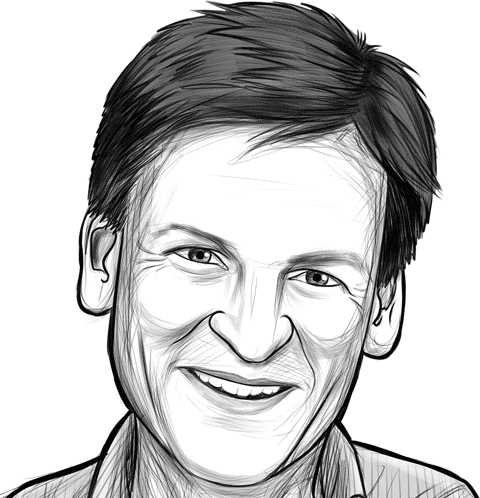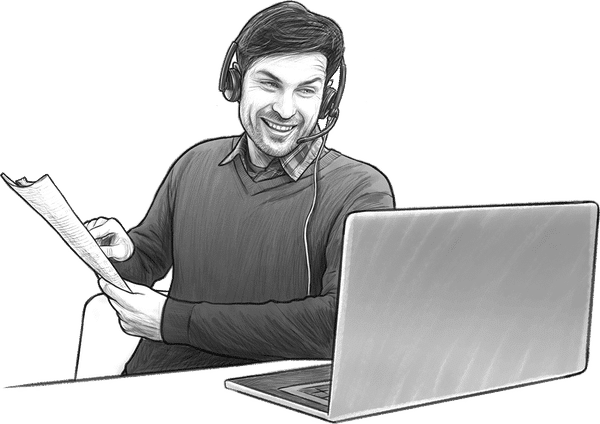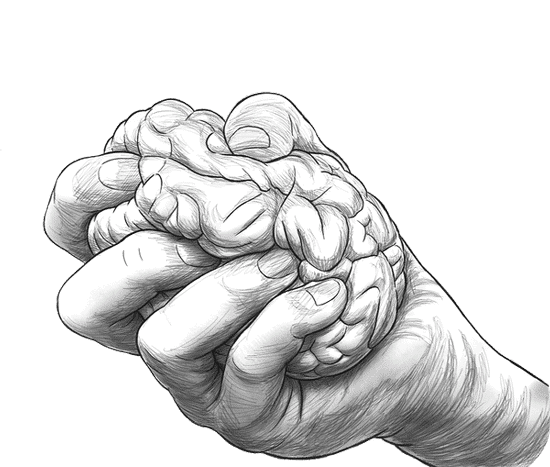The Undoing Project
29 January 2023

Hi, The Investor’s Podcast Network Community!
Welcome back to We Study Markets!
Today, we’ll be breaking down value investing in professional sports, the dynamic duo that changed how we think about human behavior, and more, in just 4 minutes to read 📖
Get smarter about valuing businesses in just a few minutes each week.
Get the weekly email that makes understanding intrinsic value
easy and enjoyable, for free.
QUOTE OF THE DAY

“Man is a deterministic device thrown into a probabilistic universe…
The stories people (tell) themselves, when the odds (are) either unknown or unknowable, (are) naturally too simple.”
BROUGHT TO YOU BY:

History of positive returns ✔️
Inflation-hedging potential ✔️
Resistance to market volatility ✔️
Land has helped investors preserve wealth for generations, and AcreTrader makes it easy to diversify with farm and timberland assets online — Find out how.
THE MAIN STORY: MONEYBALL MEETS PSYCHOLOGY

Overview
I (Shawn) recently finished The Undoing Project by the prolific writer Michael Lewis, a follow-up of sorts to his famous book (and movie) Moneyball.
You’re probably familiar, but the general premise behind Moneyball was that the fledgling Oakland A’s baseball team was able to use big data to uncover unique insights about players overlooked by traditional scouts.
While the A’s couldn’t outspend other major franchises like the Yankees, they could find undervalued players using computers and objective data insights, something previously shunned by teams who preferred the wisdom of veteran scouts.
Value investing in sports
In this sense, Oakland was like any great value investor we might study, as they found mispricings in players’ perceived value in the professional baseball marketplace and assembled a team of players that hugely outperformed.

Like with any good portfolio of stocks, management used systematic discipline to compile a well-rounded team.
It’s an inspiring story about breaking down the status quo, overcoming stacked odds, and, of course, who doesn’t love rooting for the underdog?
The Undoing project
In The Undoing Project, Lewis explores the psychological biases that contributed to why other scouts were so wildly wrong about the forgotten players who underpinned Oakland’s success.
But the book, and its message, extend well beyond human bias in sports.
Instead, the book documents an extraordinary friendship between Daniel Kahneman and Amos Tversky, two incredible thinkers who, when working together, literally changed the world’s understanding of the human brain.
These pioneers in decision-making and judgment challenged academic beliefs that people are ‘rational actors’ while highlighting the shocking shortcomings in logic, actions, attitudes, and beliefs that we all display daily.
Breaking conventional wisdom
Pop open an economics 101 textbook still today, decades after their work was published, and you’ll be inundated with references to rational consumers and explanations of how we all supposedly maximize ‘utility.’
Yet, we aren’t inherently rational creatures, as demonstrated in Moneyball. Traditional scouts used flawed mental heuristics that distorted their perceptions about players, such as whether they ‘looked’ like a good athlete.

It sounds silly, but studies show that we make these judgments irrationally and then allow them to carry an outsized weight on our decisions.
Hall-of-fame quarterback Sonny Jurgensen was known for both his golden arm and beer gut. You’d be forgiven for thinking he didn’t look like an all-star player. But letting that bias affect the decision to put him on the team would have been a devastating mistake.
Our brain fools us
The book is packed with revelations about how easily our thinking can be distorted. For example, “By changing the context in which two things are compared, you submerge certain features and force others to the surface.”
Lewis argues, “A banana and an apple seem more similar than they otherwise would because we’ve agreed to call them both fruit. Things are grouped together for a reason, but, once they’re grouped, their grouping causes them to seem more like each other than they otherwise would…
That is, the mere act of classification reinforces stereotypes. If you want to weaken some stereotype, eliminate the classification.”
We can easily be manipulated by others or ourselves in how we frame investments and compare stocks. One obvious demonstration is investors’ collective obsession with grouping businesses together as either value or growth picks.
Reverting to the mean
Kahneman and Tversky discovered the power of mean reversion and how often we delude ourselves into extrapolating performance extremes into the future.
A basketball player who hits five shots in a row is surely more likely to hit his next shot, right? Or the company with a blow-out quarter will certainly keep the momentum into the next?

While people often think this, the short answer is no.
Lewis says, “Man’s inability to see the power of regression to the mean leaves him blind to the nature of the world around him.”
Performance extremes, whether in sports or business, are generally less likely to be sustained going forward, contrary to what our gut may tell us.
Setting reference points
The duo also uncovered insights into loss aversion and how we set reference points that determine our emotional response.
If two people invest $100, the sequence of events relative to their reference point (starting value of $100) determines their level of satisfaction.
For an investor who sees his $100 double to $200, he’s delighted.
If the other investor sees his investment jump to $1,000 initially, this becomes his new reference point. So if that investment falls in price to $200, he’s devastated and feels like he lost $800.
Both investors started and ended in the same place, yet one is considerably happier about the result than the other.

Takeaways
Judgment failures permeate everything from sports to corporate life, investing, and even health care.
The number of cognitive biases that distort our worldview is nearly countless. Still, our ability to recognize and understand them broadly helps explain why markets can be irrational, generating opportunities for phenomenal returns as value investors.
The book, as its title reflects, assists us in “undoing” the judgment mistakes that riddle our brains.
Dive deeper
Check out Michael Lewis’s exceptional book, The Undoing Project, to learn more about Kahneman and Tversky’s work (and unbelievable life stories).
SEE YOU NEXT TIME!

That’s it for today on We Study Markets!
See you later!
If you enjoyed the newsletter, keep an eye on your inbox for them on weekdays around 6pm EST, and if you have any feedback or topics you’d like us to discuss, simply message us.






